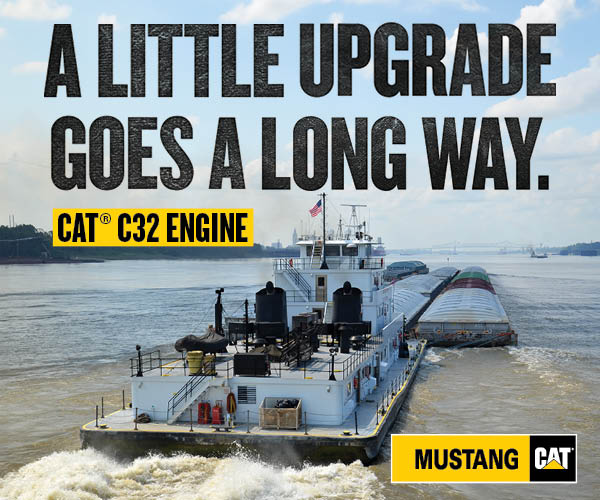WJ Editorial: We Will Always Need Experienced Engineers
In this week’s engineroom issue, we highlight the careers of long-serving vessel engineers. Some of them specialized on particular engine models. Most spoke of their “hands-on” background and how they were led into their careers by their interest in understanding and taking apart engines. All were mentored and guided by experienced engineers.
The marine propulsion world has been looking at exciting new changes for years now. New fuel sources and engine types will require new skills. Digital controls may take the place of a lot of the “hands-on” experience of past engineers. Battery technology may dictate the future design of some vessels and change safety training and requirements.
As the energy transition matures, experts in marine emissions talk about the need to adopt a “well-to-wake emissions” perspective instead of a “tank-to-wake” approach. In other words, to properly assess the emissions of propulsion technologies, we need to look at their entire lifecycle, from mining to production to retirement—not just operation. This shift to a more mature appreciation is welcome. In many cases, maintaining and improving older equipment, while reducing emissions, can be a “greener” option over an entire lifecycle than installing new equipment.
In whatever way marine engines evolve and change, vessels will never dispense with their need for experienced engineers with a thorough background in the principles of engines and propulsion. Inland assets last a long time, and improved maintenance and technology can stretch out that timeline. We firmly believe that while automation, artificial intelligence and digitization may aid the transmission of engineering knowledge and experience across generations, they will never replace it. Fifty years from now, we will still be running stories about vessel engineers maintaining engines. Regardless of what will be powering those engines, the engineers will still be there.


